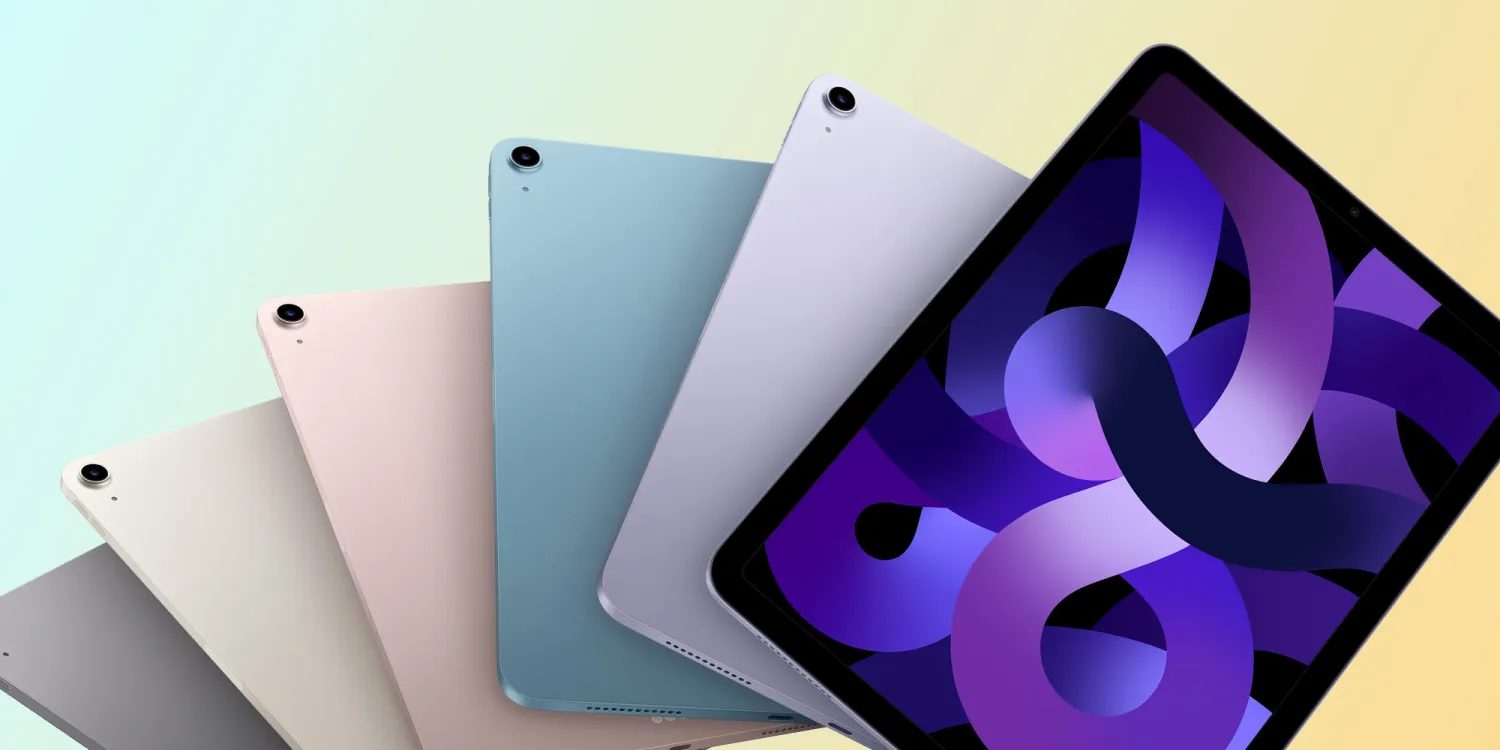
Qualcomm Expects Apple Won’t Be Using Its Modems in the Next iPhone
The upcoming iPhone generation might rely solely on Intel modems, which means there’s a chance all modems would be substantially slower than Android flagships running on Qualcomm chips.

According to a new report from CNET, Qualcomm acknowledged today that it expects Apple will go exclusively with rival chipmakers to supply the modems on the next iPhone. The move comes as the two companies remained locked in a bitter licensing dispute.
“We believe Apple intends to solely use our competitor’s modems rather than our modems in its next iPhone release,” said Qualcomm’s CFO George Davis said during the Q3 earnings call, suggesting that while a decision in this regard hasn’t been made just yet, but there’s a chance Apple would bet all-in on Intel.
That lines up with a report earlier this year from KGI analyst Ming-Chi Kuo, which said that Apple would ditch Qualcomm as its long-time supplier of cellular modems as a result of its legal dispute with the chipmaker.
Without Qualcomm supplying Apple with cellular modems, the iPhone maker will likely switch to using Intel’s modems, which are fast, but not as fast as Qualcomm’s.
Earlier this week, Qualcomm partnered with SpeedTest creator Ookla to show the difference in network performance between the Snapdragon 845 and Intel’s XMM7480 and XMM7360 chips. During this testing with “typical speeds,” Qualcomm came out on top in every scenario with up to 68% faster download speeds and 35% slower latency on T-Mobile, and 41% faster upload speeds on AT&T.
Although Apple designs its own processors, it relies on others for modem chips and had been a big Qualcomm customer until recently. Apple has used a mix of Intel and Qualcomm modems in recent iPhones, and Qualcomm will continue to supply some modem chips for older iPhone models.
Qualcomm and Apple are involved in a series of lawsuits and countersuits over the use of patents, with the chipmaker even requesting a judge to ban the sales of iPhones in the United States. While a decision, in this case, hasn’t been made just yet, Apple is trying to reduce reliance on Qualcomm, with a full migration to Intel seen as a step towards this goal.

